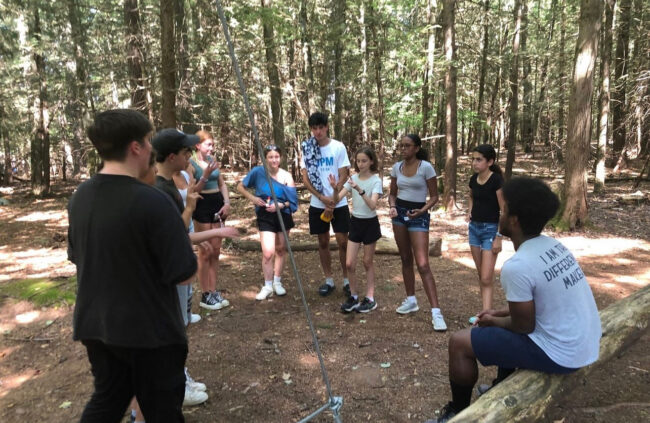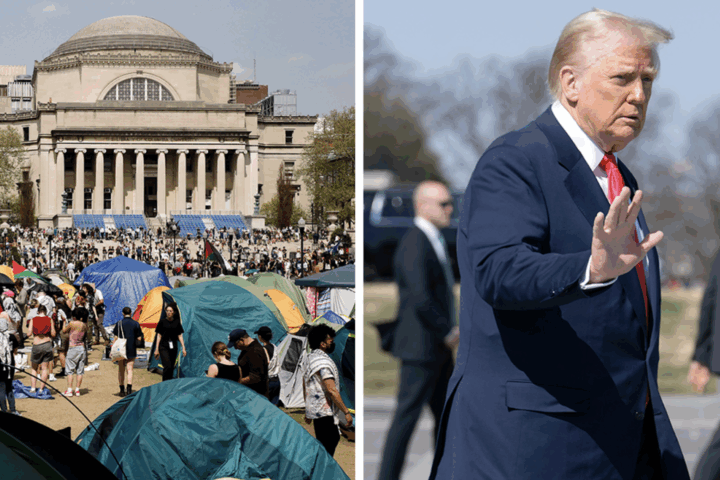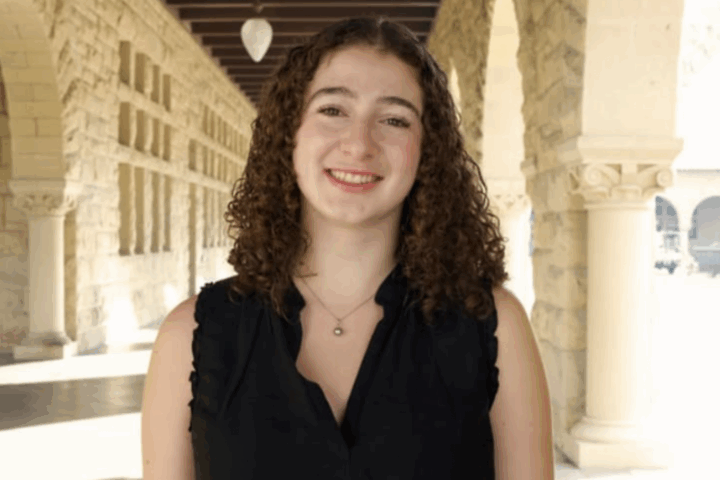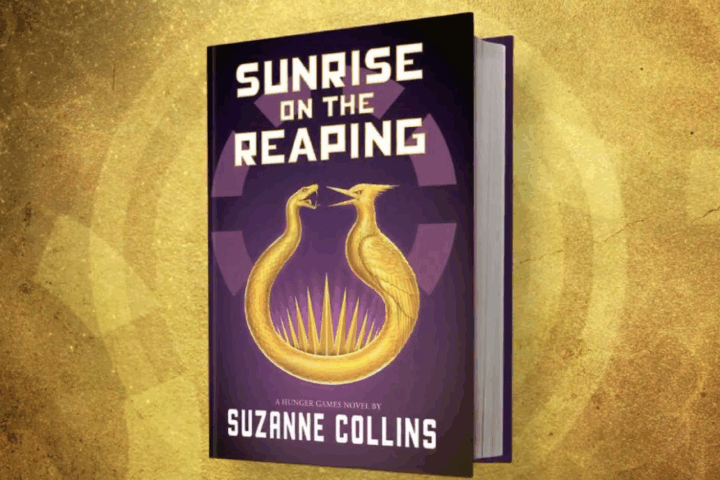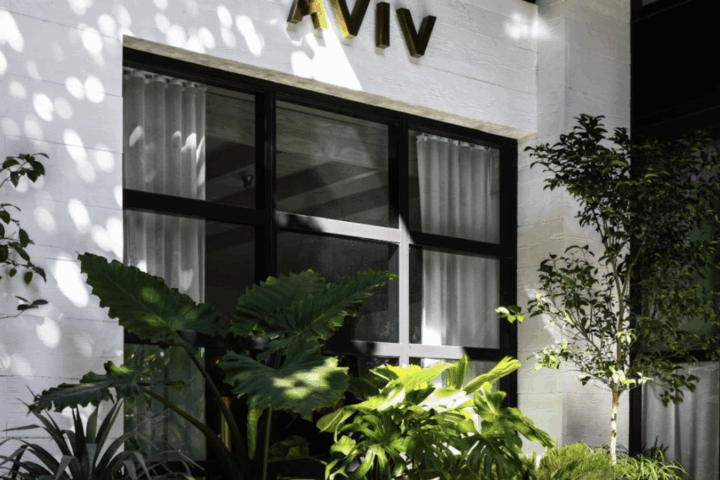The first day of high school was one of the most terrifying days of my life. It was 10:00 a.m., right before class started, and I could not find my English classroom. I scampered around, tearfully asking everyone in the vicinity where the 100s building was, for what seemed like an eternity. A random teacher noticed my hysteria and pointed me in the right direction, where I sprinted into the classroom just before the teacher closed the door. This scenario repeated practically every class (my sense of direction is non-existent) — a lovely start to 9th grade.
Under normal circumstances, I am not so stressed over being two minutes late, but the first month of school has offered a unique combination of excitement, anxiety, and change. You see your friends again, adjust to new teachers, or, if you are new, get used to a school and building. It is all made more complicated when you are starting 9th grade. From the freshman trip to orientation, we had an abundance of time to get used to being high schoolers. But the first month still had its ups and downs, unexpected issues, and startling freedoms.
When I saw my locker for the first time, I was shocked; it was startlingly long and thin. As I attempted to shove in my backpack, it became apparent that it would take a good amount of shoving to allow my (admittedly oversized) backpack to fit in the locker. Interestingly, while it can barely fit my backpack, it can fit my most petite friend. I always thought lockers were for storing backpacks and coats, but clearly, the administration had other ideas. Fortunately, my locker is in an extraordinarily convenient location, in the hallway between most of my classes. It has become a communal locker for my friends, my forlorn backpack squished under 5,000 pounds of textbooks and cardigans. As long as they acquiesce to my demands for candy as payment, they can use my locker for as long as they want.
Not only do I spend time with friends around my locker, but I can also do so during frees. The amount of free time given is deeply appreciated amidst the increasing expectations and workload, but creates two predicaments. In middle school, if you were wandering around the agora during an academic band, you could count on a teacher or dean questioning you about your whereabouts, eliminating the possibility of showing up fifteen minutes late to math. Now, we suddenly have free time, which is thrilling but forces us to be in charge of our schedule.
According to long-time dean Mr. Reyes, one of the essential parts of the transition is added responsibility: “They have to own all the different aspects of that experience. So they have to own the great successes, but also have to own their failures and their study habits.” Basically, with great power comes great responsibility. It is tempting to do something like watching Grey’s Anatomy instead of doing the bio homework during a free. However, it turns out that staying on top of work and assignments is crucial to student success.
Planning for assessments, meeting with teachers, and creating time to study are essential habits for high school students. Dr. Paul Church, science department head and biology teacher, stated one of the biggest mistakes students can make in his class is, “to try to study everything for the test the night before. You just will not be able to learn all the information.” This does not just apply to Biology but to all academics in general. Doing a project, essay, or studying at the last minute negatively impacts your long-term memory, making it harder to ace that final. However, even with the best studying strategies, it might still be impossible to maintain the grades you got in middle school. That, while scary, is understandable and something numerous students go through.
Academics is not the only challenge. Many people come from other schools, not only having to adjust to a different academic environment but also new people. For Dean Reyes, one of the most significant difficulties of starting 9th grade was not knowing where to sit at lunch or who would be welcoming. However, I have witnessed countless new friendships forming between new and old students. Our community is kind and supportive; it makes handling the stress of high school manageable.
When talking about the adjustment to a new school, freshman Ella Rahav said, “I was immediately able to connect with other new students… as well as the many welcoming students who know the school well and were able to help guide me through my first couple of weeks.” That community kindness is the essence of Fieldston. No matter what high school brings, we will have each other, which is the most important thing.

